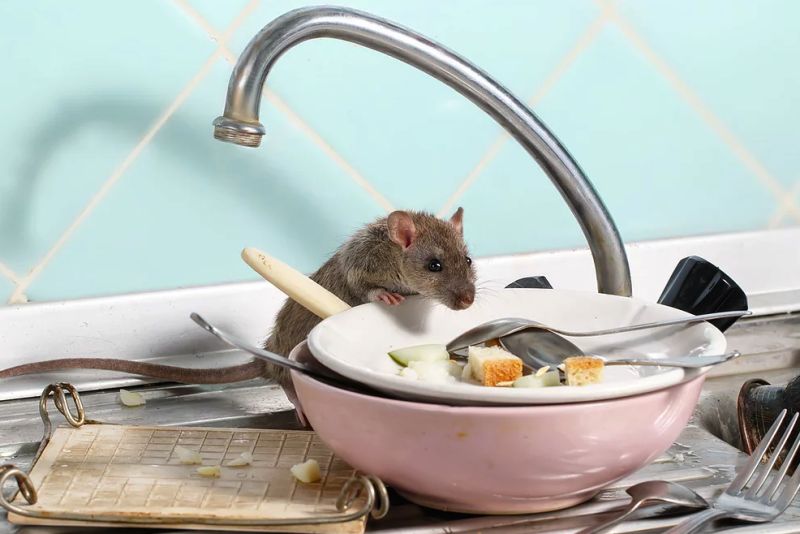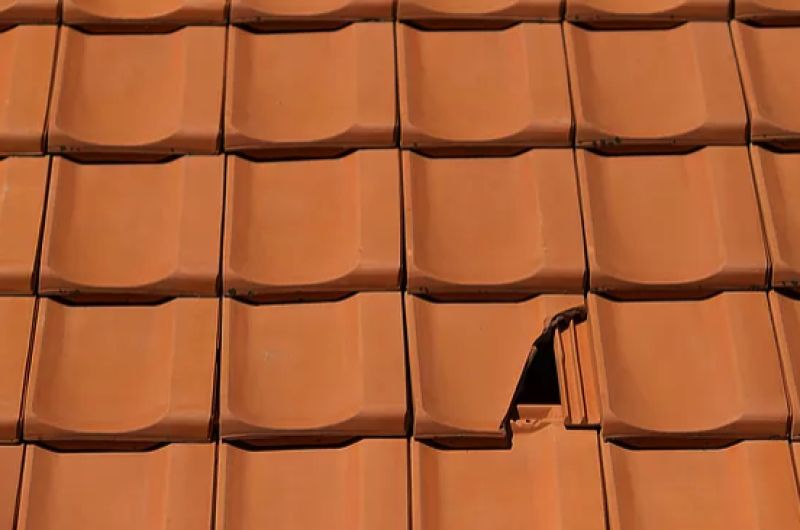
Lying in bed listening to the pitter-patter of tiny feet… in the roof! Going to the kitchen for a snack only to find someone has been there before you! Are you the only mammal in the house?
After humans, rodents are the most successful mammals on the planet. They inhabit everywhere we do… except Antarctica. We beat them to that, but considering how cold it is perhaps they let us have it! Brrrrrrrrrr…
Throughout history, living alongside rodents has presented significant problems in the transmission of disease to humans. The bubonic plague (aka black death) of the 14th century claimed more than 25 million lives.
Thankfully today incidences of plague are rare. But rodents still play a significant role in the transmission of parasites and disease as well as the contamination and poisoning of food e.g. Salmonella, leptospirosis (Weil’s disease) and typhus fever.
Therefore, the presence of rodents in your home, shed, garage or garden poses a serious threat to your family’s health.

Why are rodents coming into my home?
Rodents like to live in a warm, dry, safe environment, which is why they often find their way into your home in the colder months and sometimes after heavy rainfall. If they like what they find, they’ll remain in your home and seldom venture outside again. Rodent populations can multiply into the hundreds in a matter of months.
How small a gap can rodents squeeze through?
It is quite remarkable how small a hole a rodent can squeeze through. A mouse can get through a hole the size of your little fingernail. For rodents, it’s a thumbnail. And, don’t forget those front teeth…if a hole isn’t big enough, they can gnaw at it until it is.

How do I stop rodents from getting into my house?
- Maintain good household cleanliness - clear away food
- Don’t leave pet food out
- Ensure your garbage is in sealed bins.
- Dispose of food waste as soon as possible.
- Eliminate points of entry - fill gaps (bigger than 7mm) around pipework and cracks in walls. Mice can chew through expanding foam so use it with hardware cloth or steel mesh. You can also use metal flashing or steel wool and then caulking around it. Don't use plastic sheeting, wood, or rubber – they’ll just gnaw through it.
- Fix broken roof tiles.
- Store food (and pet food) in glass or metal containers.
- Make sure all doors and windows close properly.
- Trim back vegetation that may provide a route for rodents to enter the building, especially branches that overhang the roof.
- Use Spiderman SE’s experience to rodent-proof your home.
What should you do if you suspect rodents in your home?
There’s nothing worse than knowing there’s a mouse (or rat) in the house! In Australia, it’s likely to be either:
- Black rat (Rattus rattus),
- Brown rat (Rattus norvegicus), or
- House mouse (Mus musculus).
Consumer products that claim to get rid of rodents are often unsuccessful. This is because correct species identification, bait placement, identifying entry points and knowledge of rodent behaviour are key to determining the rodent control strategy. Store-bought rodent bait is also incredibly toxic to pets and wildlife! To get rid of unwelcome rodent visitors, a Spiderman SE service begins with a comprehensive inspection of your property, including your roof cavity and subfloor, if you have one.
Our inspection will determine which rodent type is present, their nesting places and how they got into your home in the first place. From this, we’ll know the best locations to put bait stations and how much bait to use. We always consider safety and use lockable rat and mouse bait stations. Using stations such as these keeps rodent bait away from pets and children.
Should you have concerns about poisonous bait being used around your precious pets, let us know! We have pet-friendly rodent control options available!
We can also advise on how to stop rodents from getting into your home in future.

